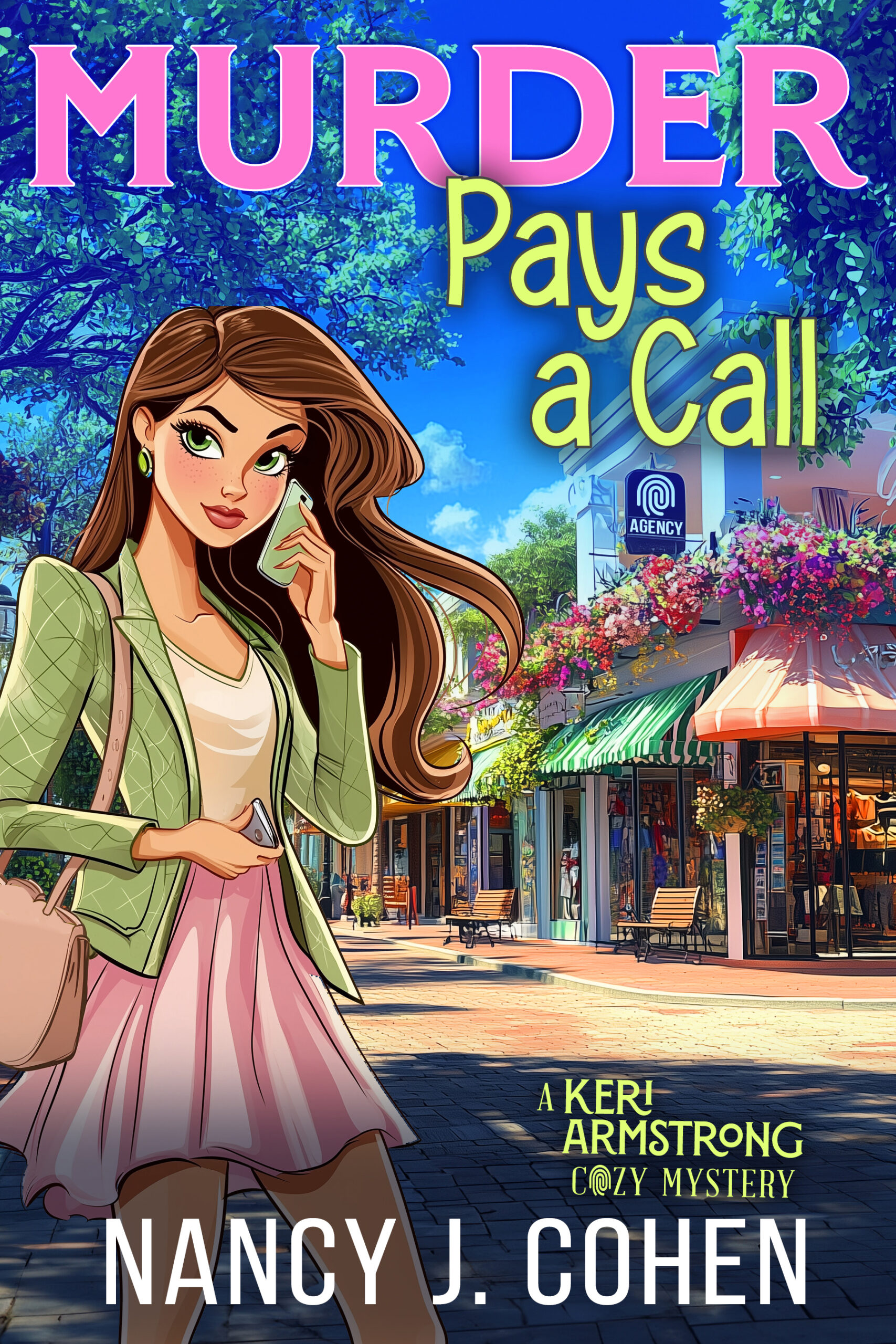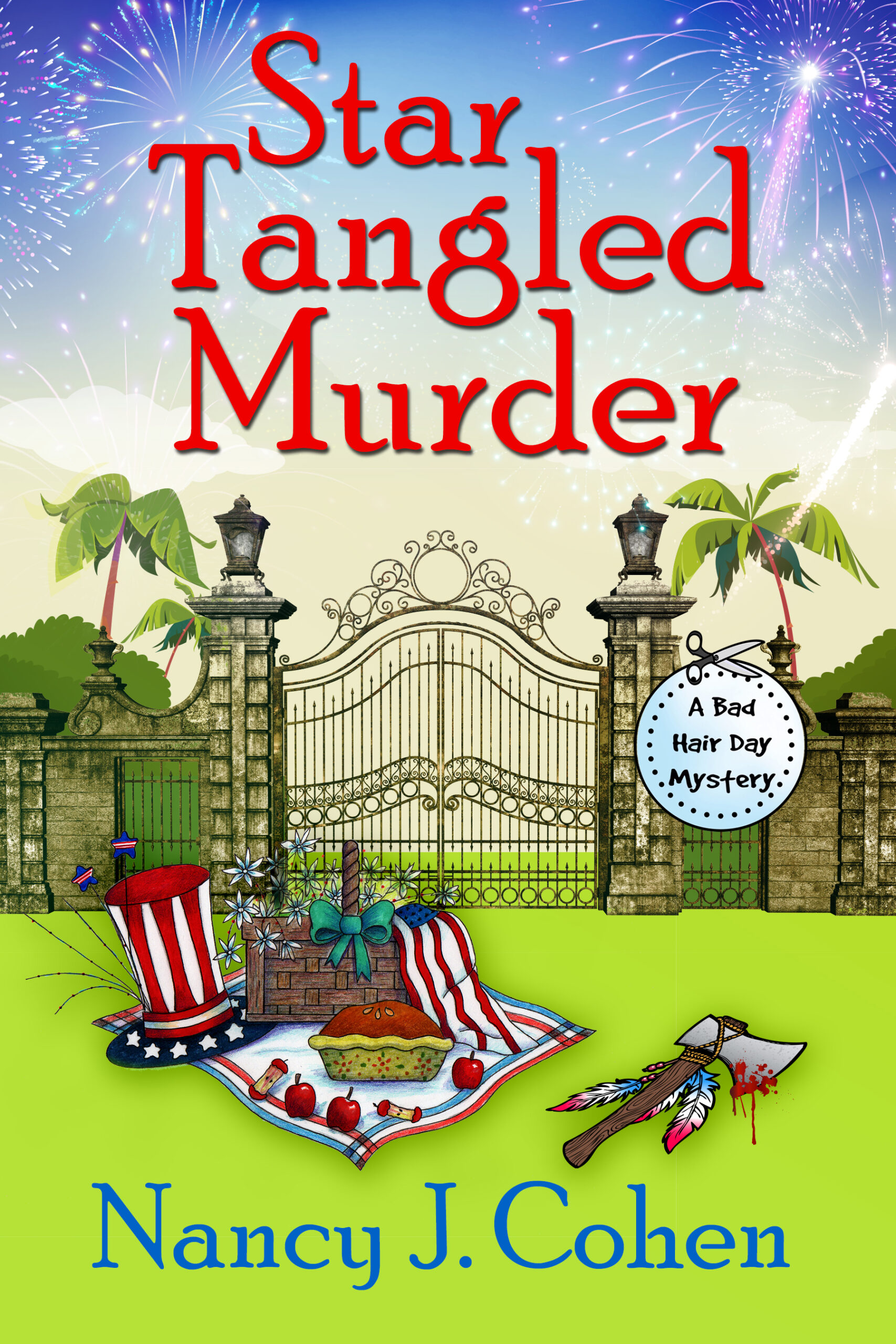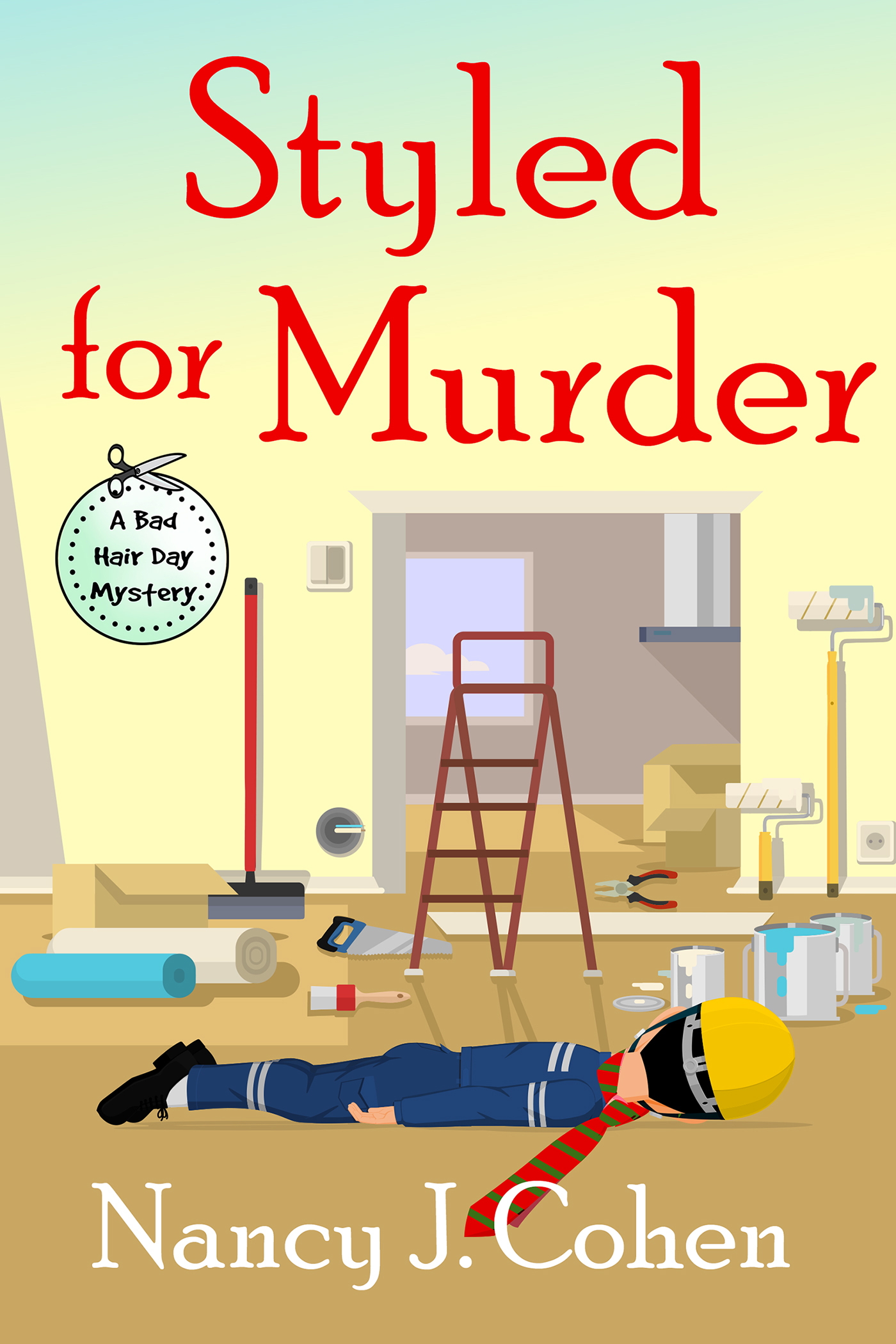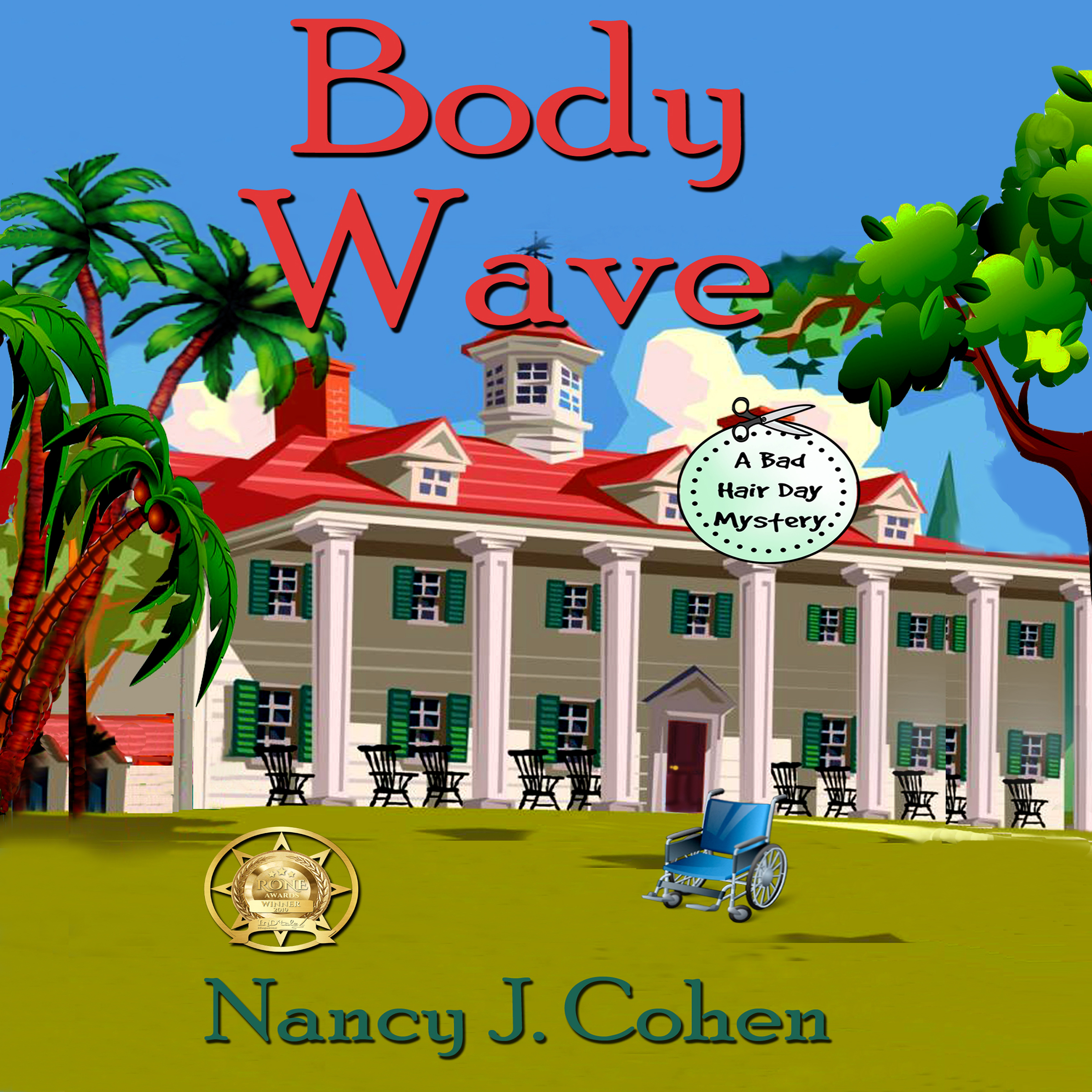Have you ever thought about writing a military hero into your story?
If so, be sure to get your facts and lingo straight. At a recent Florida Romance Writers meeting, we had the good fortune to have as guest speaker a Navy Captain and the brother of one of our members. Let’s call him Captain X for the sake of anonymity to respect his privacy. His experience includes flying helicopters, missions over Iraq, and special ops support.
He explained (Disclaimer: All comments are subject to my interpretation) that Special Forces means U.S. Army and Special Operations Forces (SOF) refers to any service. In general, these guys are professionals, fairly introverted with quiet personalities, and very patriotic. Rogue agents like you see in the movies probably would be “PNG-ed” or deemed “persona non grata” in reality. A QRF refers to Quick Reaction Force. These are the guys who stand by in case “things go sideways.”
Captain X mentioned how you don’t really know how you’ll react until you are actually under fire. A brave man faces his fears and chooses to overcome them.
The Captain talked about Iraq and how he’d rather be there in the summer because it’s too hot for the bugs to come out. It rains in the winter and the powdery sand becomes like mucilage. Some of the wildlife includes camel spiders (“as big as a dessert plate”), no-see-ums, mice, and scorpions.
His helicopter had two pilots, two gunners, and a medic. He wore armor and a helmet with a boom mike. He says they never use the word “gun” but call it a “weapon” instead. They refer to members of the military as “teeth or tail”, i.e. going to war or staying behind. He says they are careful not to cause collateral damage in terms of injuring civilians. They’re allowed to say No to a mission if they deem it to be too dangerous in this regard.
This was reassuring to me. It’s nice to know our military officers’ opinions are respected and they’re not expected to blindly follow orders, the excuse for too many atrocities in the past. At least, this is one officer who makes conscientious decisions based on the information available. I hope there are many others like him out there.
Captain X also mentioned his deep respect for Vietnam Veterans, and from his personal experience, they are as brave and honorable as anyone who ever wore the uniform.
And if anyone wishes to support the service, please consider the Wounded Warrior foundations.
The writing lesson learned is to be true to the lingo if you write a military hero. Captain X’s talk was peppered with colorful language that probably wasn’t as bad as it is in reality. Honor is still important, and so is bravery. And when your hero raises his rifle, it’s a weapon, not a gun. Or better still, it’s a specific model weapon. So just as cops and other folks in our books have their own jargon, so do the military. Get it right.
My hairdresser sleuth has a particular way she looks at things. How about your characters? What occupations have you researched for accuracy?























I think he was pulling your leg about being quiet and introverted. I happened to work with some of the SOF guys at Tampa and the parking lot was littered with fast cars. These guys like to live on the edge, and they live for the adrenaline. I guess they could still be introverted and quiet, but don’t think of them as introverted and quiet like librarians. The rest is true. Jargon makes a huge difference. In the military, logistics “stuff” is materiel, with an “e” and it will mark you as an outsider if you don’t know. Same for things within smaller disciplines, such as finance. A program manager for the military trying to write a document that requires financial knowledge can make an error by using the word “insure” for “ensure” or getting the wrong acronym spelled out. I agree this is what makes a book interesting – feeling like an insider when we read the words that show that insider knowledge. I recently read Karin Slaughter’s 2012 novel Criminal and thought she must have grown up during the 70s in Atlanta. She was born in the 70s and had done a lot of research. Good points, Nancy!
Thanks for the insights. Maybe by “quiet” he meant “private”. He also indicated that a character like Tom Cruise played in Top Gun wouldn’t be around for long in reality.
It doesn’t take a lot of jargon to get the feel across, either. My character Cobb Russwin is a former Marine MP and a formal Federal agent. I don’t go out of my way to look for ways to work jargon into his dialog, but if he talks about a gun he’s going to say “weapon” and he refers to a bathroom he’s going to call it a “head”.
Too often I read characters–not just military, but police, or even just non-American English speakers–where it feels like the author wrote with a list of specialized terms next to the keyboard and made sure that the conversation turned in ways that allowed them to come up. I know that a native UK speaker is likely to say “biro” when a US speaker would say “pen”, but unless the object comes up naturally in the story it can feel like the character is saying, “Look! I’m British! See–I just said ‘biro’!”
Actually, you just made me realize that since a riverboat is a big part of my new book, I am going to have to make darn sure I go over Russwin’s dialogue and have use all the proper terminology– “aft” and “bulkhead” and “starboard” and all that…
I belong to a crime writer’s loop, and the cops on there repeatedly say they do not call criminals “perps”. And yet we are always seeing this term used in books. And yes, you are right about the judicious use of jargon.
As a former locksmith and former safe and vault technician I can tell you that about 90% of what you read in crime novels about physical security is pure bunk. But somebody writes something that sounds cool and other authors lift it for their own works–and don’t even get me started about the movies.
On the other hand, I wouldn’t want the info about how to defeat locks to be too accurate. Several scenes in the movie “Thief” had to be recut before the theatrical release because their law enforcement consultant said they gave away too much information that could be used to commit crimes. I’ve heard the same about the counterfeiting scenes in “Too Live And Die In LA”.
Yes, one should be careful what one writes for public consumption. I like Dr. Who’s solution to lock-picking. He uses his sonic screwdriver.
Agreed, Misha. I’ve been surprised by some things I’ve seen on a show-that-won’t-be-named that I didn’t realize was for public consumption yet. Not that it gave away tricks like you mentioned. Nancy, I like your thought on how it’s handled by Dr. Who — be outrageous and make it work. I’ve also heard there are regional differences in cop jargon, at least from north/midwest to south. I think someone said that in their locale (somewhere south), they WOULD use the term “bad guys” but that LEO up north would not. It’s probably akin to how we southerners will call others girls and boys, regardless of age, race, or sexual orientation, to describe females and males when we’re talking to them or about them, as in “You boys” or “You girls.”
Well said Nancy! He was great!
Yes, he was, Mary! Good to see you at the meeting.
I have a host of advisers, depending on what I’m writing. I have a gun or weapons guy, a forensics woman who helps get the trajectory of bullets right, doctors and nurses to advise on health-related scenes, and even a Secret Service agent who advises on, well, things that matter to the president and vice president. Some I can credit in the acknowledgments. Others, like my local sheriff, asked to remain anonymous. I tend to know what I don’t know. It’s so rewarding to sit with a professional and learn at his or her feet.
You’re lucky to have all those resources available to you. I use the crime writers loop or consult a retired homicide detective for my basic info. And with my nursing background, I can take care of my own health related questions unless I need the most current info. But it’s fascinating to hear what these professionals have to say.